Male infertility. Coenzyme Q10 for the treatment of male infertility. A 2022 review of clinical studies has shown that CoQ10 supplementation is associated with the following beneficial treatment effects for male patients with infertility issues [Lucignani 2022]:
- reduction of testicular oxidative stress and of sperm DNA fragmentation
- improvement of sperm parameters, in particular improvement of sperm motility
- increase in pregnancy rates, both naturally and through assisted reproductive technology (ART)
Coenzyme Q10’s Connection to Male Fertility
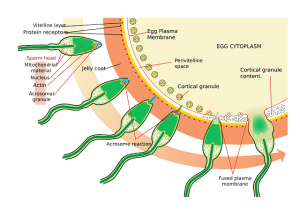
Worldwide, infertility affects approximately 15% of couples attempting a pregnancy. Salvio et al estimate that male infertility factors are involved 50% of the time [Salvio 2021].
Coenzyme Q10 is an important lipid-soluble antioxidant. Consequently, it has been tested in clinical trials of male infertility.
Moreover, Coenzyme Q10 is an essential component in the process of cellular energy generation. It is commonly used to enhance spermatogenesis in cases of unexplained male infertility [Salvio 2021].
Coenzyme Q10 and Male Infertility: Evidence from Randomized Controlled Trials
In a 2023 overview article, Mantle & Hargreaves have summarized ten randomized controlled trials and three meta-analyses of CoQ10 supplementation and male infertility. The studies show improved sperm concentration, improved sperm morphology, and improved sperm motility [Mantle & Hargreaves 2023].
Conclusion: Coenzyme Q10 a Good Bet for Treating Male Infertility
Numerous studies report a promising effect of CoQ10 supplementation on semen parameters [Salvio 2021].
However, the optimal formulation and optimal daily dosage of Coenzyme Q10 remains to be established in clinical studies.
Moreover, there is a need for more studies of the efficacy of CoQ10 supplementation in combination with carnitine supplementation and/or selenium supplementation.
When purchasing CoQ10 supplements, it is very important to be a critical consumer. Always seek out a product with documented absorption and clinical efficacy. Lopez-Lluch has shown that the manufacturer’s formulation is decisive for the bioavailability of the CoQ10 supplement [Lopez-Lluch 2019].
Sources
López-Lluch G, Del Pozo-Cruz J, Sánchez-Cuesta A, Cortés-Rodríguez AB, Navas P. Bioavailability of coenzyme Q10 supplements depends on carrier lipids and solubilization. Nutrition. 2019 Jan;57:133-140.
Lucignani G, Jannello LMI, Fulgheri I, Silvani C, Turetti M, Gadda F, Viganò P, Somigliana E, Montanari E, Boeri L. Coenzyme Q10 and melatonin for the treatment of male infertility: a narrative review. Nutrients. 2022 Nov 1;14(21):4585.
Mantle D, Hargreaves IP. Coenzyme Q10 and endocrine disorders: an overview. Antioxidants (Basel). 2023 Feb 17;12(2):514.
Salvio G, Cutini M, Ciarloni A, Giovannini L, Perrone M, Balercia G. Coenzyme Q10 and male infertility: a systematic review. Antioxidants (Basel). 2021 May 30;10(6):874.
Sharma AP, Sharma G, Kumar R. Systematic review and meta-analysis on effect of carnitine, Coenzyme Q10 and selenium on pregnancy and semen parameters in couples with idiopathic male infertility. Urology. 2022 Mar;161:4-11.
The information presented in this review article is not intended as medical advice. It should not be used as such.




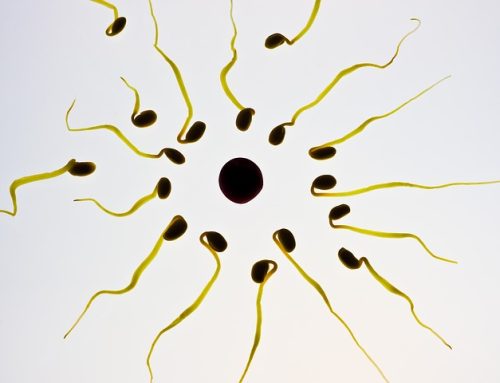
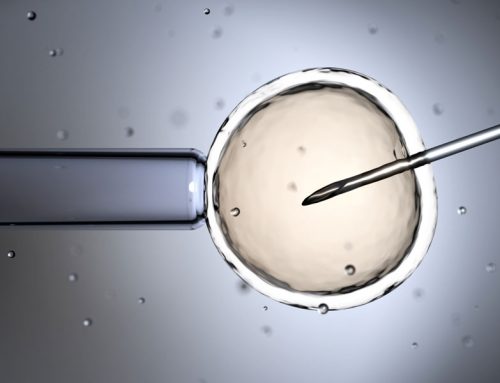
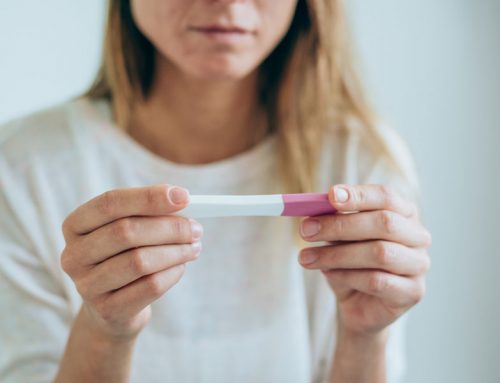

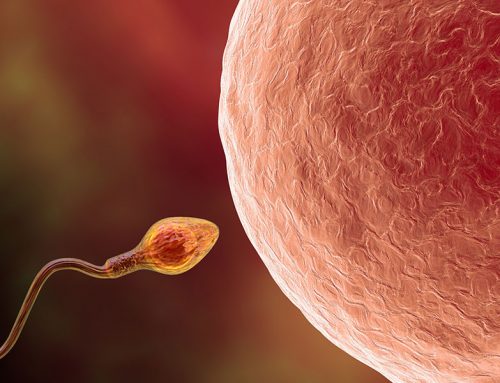
Leave A Comment